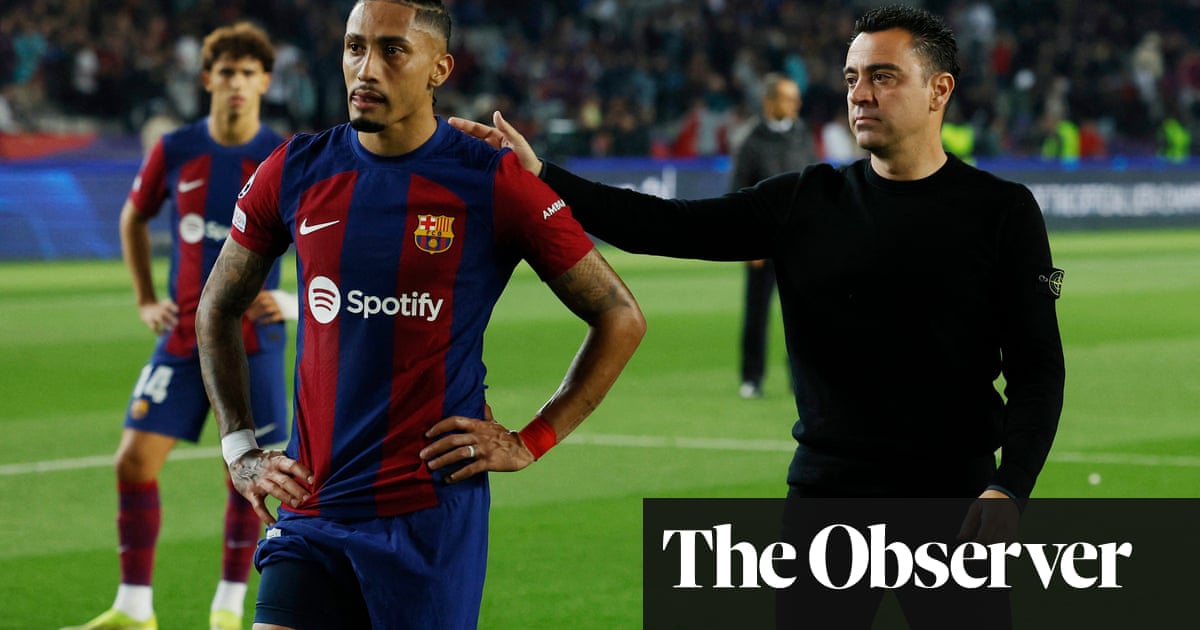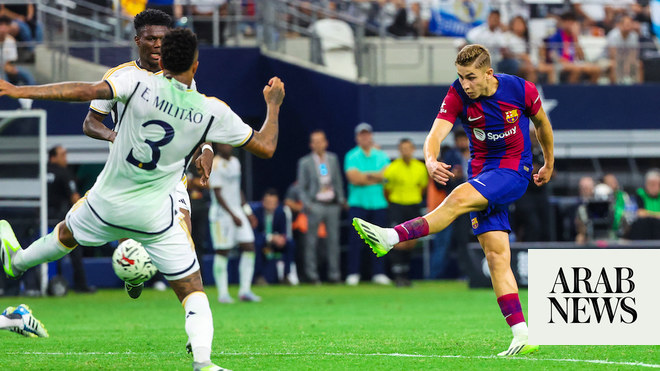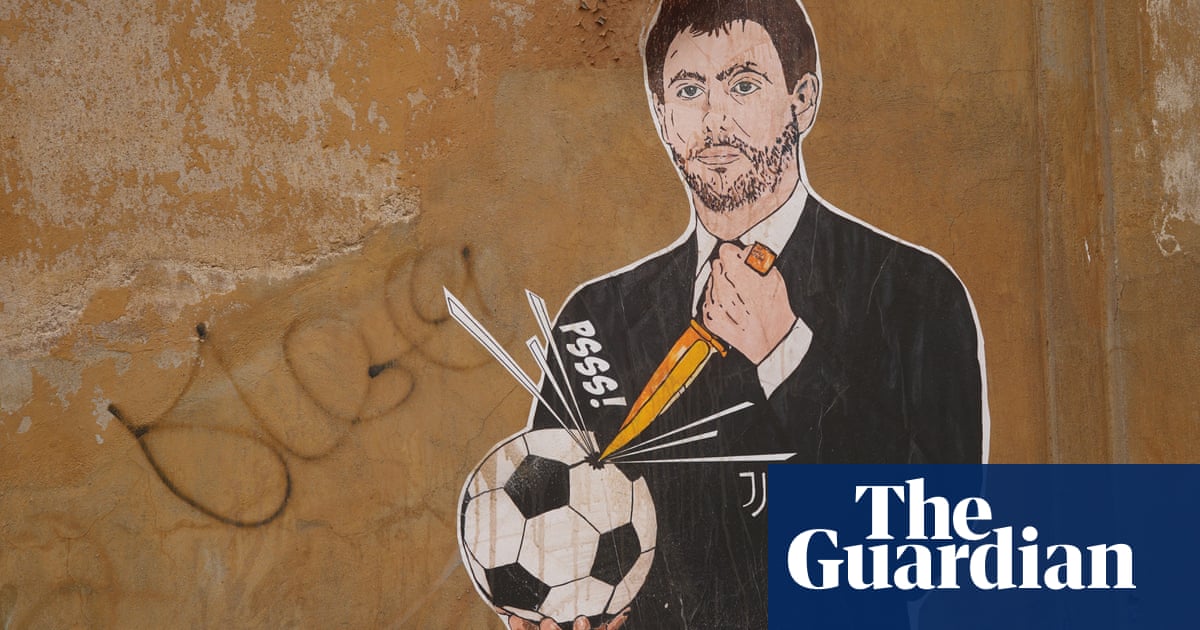
“Losing to Madrid hurts but we’re closer to winning,” Gerard Piqué said at the end of the last clásico. It was a curious kind of consolation after yet another defeat knocked Barcelona out of the Spanish Super Cup, but this time there was something for them to cling to. That, at least, was the hope and since then it has hardened into something more tangible. The 282nd meeting between these clubs may offer an indication of how much closer they have come or how far they still have to travel.
Fifteen points behind, it is too late for Barcelona to win the league, the title in Madrid’s hands with weeks to spare, but maybe the clásico can become a proper contest again. Not so much on Sunday night, although that too, but beyond.
In that last meeting in January, Barcelona were beaten 3-2 in Saudi Arabia. The outcome was depressingly familiar for them, but at least it hadn’t been a drubbing: it had taken a 99th-minute goal from Fede Valverde to defeat them and at the point they had started to take control.
“Playing like this we’ll compete for titles,” Piqué said, while the Catalan daily El Mundo Deportivo led its front page on “They fall with honour”. Inside it declared “Barcelona are not completely back, but almost.”
Xavi Hernández, appointed two months earlier, said: “We were the better team in play and dominating the game. If you toss a coin and it comes out heads, no one complains, but it came out tails. This could have been a turning point in terms of the result, but it [still] is in terms of play.”
Some laughed at them. A lot laughed, in fact. Barcelona had been overrun in the first half and the bottom line was inescapable: they had still lost. That made it five clásicos in a row. They stood accused of celebrating defeat, the way they clung to an empty moral victory a humiliation in itself: how the mighty have fallen. But that was pretty much the point. Many expected a destruction but Barcelona had competed, offering some hope, some football. And soon talk of a turning point didn’t look so misplaced.
In the next game, Barcelona were knocked out of the Copa del Rey by Athletic Bilbao. But the winter window closed with Dani Alves, Ferran Torres, Adama Traoré and Pierre-Emerick Aubameyang joining. Ousmane Dembélé had not departed, Xavi soon making a virtue of that failure.
The coach’s vision was becoming ever more apparent, an identity emerging, an entire shift in culture discernible. Something was building, the only criticism of Xavi’s appointment now that it hadn’t come sooner. When he reached his 100th day in charge, Xavi said it felt “like 100 years” and last week he said there is too much going on in his head to be able to enjoy this. But he admits it’s getting better, a little better all the time. The last clásico showed it could, and since defeat at Athletic, Barcelona have gone 11 without losing.
The team for whom European away games have been an almost endless trauma have won in Napoli and Istanbul, reaching the Europa League quarter-finals. They put four past Atlético Madrid; they have scored four goals five times in 10 games and climbed back into a Champions League place for the first time this season. Sunday’s points matter: victory would mean taking second from Sevilla remains in their own hands; lose and Atlético and Betis could overtake while Real Sociedad could move to within a point.
Reality remains. On Friday, these clubs watched different European draws: Madrid awaited opponents in the Champions League, Barcelona in the Europa League. On Monday, they were confronted by different financial realities too when La Liga published salary limits: Madrid’s is €739m, Barcelona’s minus €144m. Much as Joan Laporta, Barcelona’s bullish president, said they would try to win the league, they accept they cannot.
Not this year, at least. There is an assuredness about Madrid that makes them formidable opponents, and time has run out, the gap too great. But next year and the years beyond that no longer look so bleak for Barcelona; they certainly will not if they can end that run against Madrid, the ultimate measure of where they are, a sign they can build for better days.
This league has gone, but others needn’t do the same. Besides, the clásico always has a meaning beyond the maths. Carlo Ancelotti was asked how his team could possibly lose the league now that they had moved 10 points clear with 10 games to go. “How can you lose a European Cup final when you’re 3-0 up?” the manager of Milan in 2005 replied. He knows, and so does Xavi.
Yet the Barcelona manager’s response to a similar question contained an idea that can at least be entertained now, the hope of a clásico that is competitive again. “We can’t be very optimistic about the league: Real Madrid would have to lose three or four and they haven’t all season,” he said. “Quite honestly, It’s very difficult – even if we win at the Bernabéu.”












